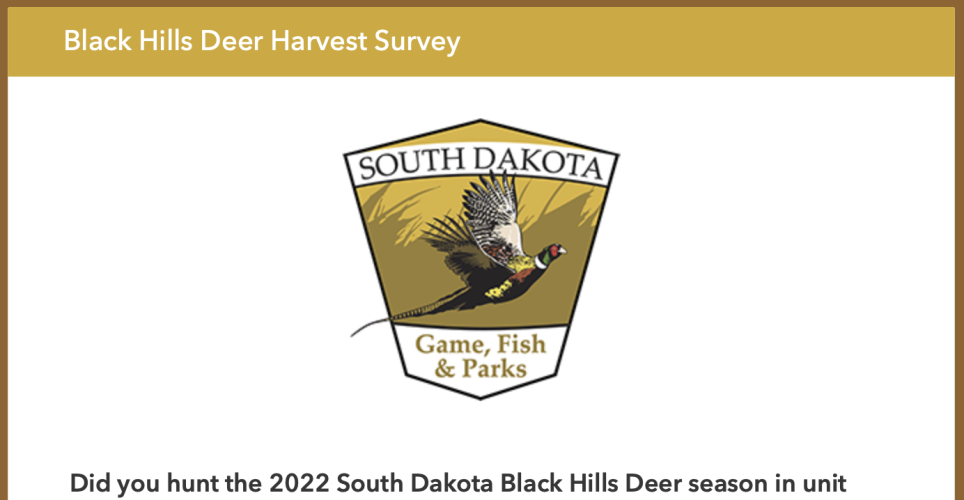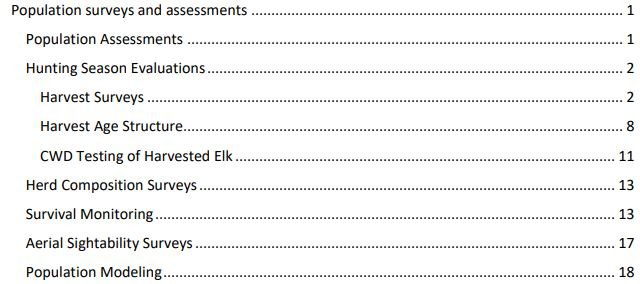Laszlo Cravensworth
Well-known member
I get that, but keep the big picture in mind. Montana Legislature is fully on board with privatizing wildlife. Having "too many" of something on private will be how that is framed. See elk. Who wants to bet Montana will end up with landowner tags after the 2023 session?
I follow now. I was confused by your statement there. This is another politics vs science conundrum. If we're too worried about the politicians mucking things up that we can't challenge FWP when folks perceive a problem then what though? And let's be honest here: We know the politicians are going to try to muck things up, so we should try to push for departmental improvements before they do.
And we wonder why informed folks are disillusioned with the state of things in Montana.





